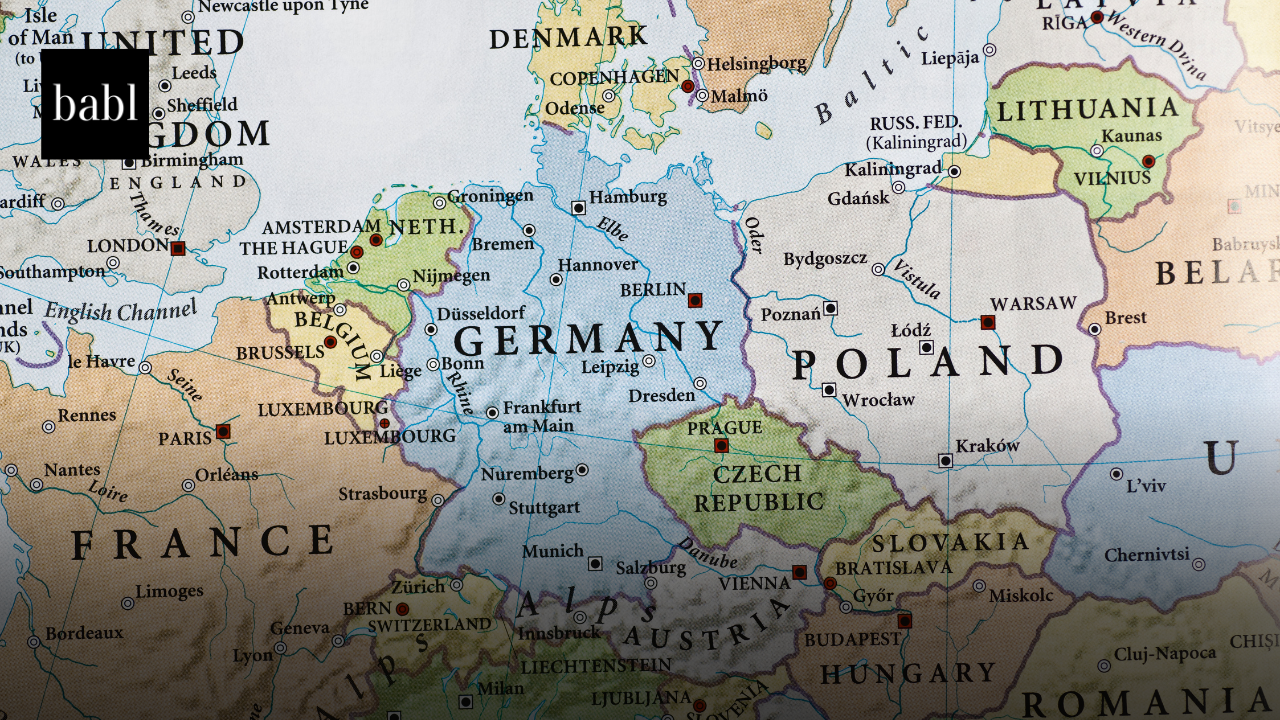UPDATE — JULY 2025: In late 2023, President Vladimir Putin signed a sweeping 40-page decree updating Russia’s National AI Strategy through 2030. Since then, Russia has passed new AI-related laws. They’ve also created a centralized AI policy agency, and begun deploying AI systems in sectors like airport security.
ORIGINAL NEWS STORY:
Russia Updates National AI Strategy
Russian President Vladimir Putin signed a 40-page Presidential decree to update the national strategy of developing AI. The document introduces amendments to the National Strategy for Artificial Intelligence Development in the Russian Federation up to 2030.
Decree Changes
The decree makes several changes to the strategy:
- Sets a deadline of July 1, 2024. Includes AI development as part of the national data economy program up to 2030.
- Instructs federal agencies to follow the AI strategy when developing sectoral planning documents, programs and other strategic planning documents.
- Recommended regional and local governments also follow the AI strategy when developing digital transformation plans. State companies and state-owned enterprises should include AI development in their strategies.
- Lays out key principles for AI development like protecting human rights, ensuring security, technological sovereignty and supporting competition.
- Updates the main objectives which now include increasing access to AI infrastructure, supporting AI developers, research and talent development, stimulating AI adoption across sectors, mandating trusted AI where risks exist, and creating a comprehensive legal framework.
- New metrics are defined related to supercomputer power, GDP growth from AI, AI services market size, research publications, educational outcomes, workforce skills, public trust and enterprise AI adoption.
- Recognizes major advances in AI in Russia like educational programs, support for startups, research centers and publications, and deployment.
- Acknowledges new challenges that have emerged such as lack of computing power, imported hardware dependencies, talent shortages, low government adoption, legal barriers to deployment, data quality issues, and cybersecurity threats.
- Updates are made to the governance section regarding ethics, safety standards and balancing public and private sector interests.
- Increasing access to AI infrastructure by creating demand for cloud computing. Also, by providing discounted access to computing resources for researchers, students and startups, supporting domestic electronics and telecom manufacturing, monitoring supply and demand dynamics, and improving data quality and availability.
- Supporting AI developers through grants, attracting investments, developing entrepreneurial skills, commercializing research, benchmarking solutions, improving awareness, developing open source libraries, and enabling data and solution repositories in Russia.
- Advancing research by funding innovative projects. Also, by increasing interdisciplinary and core AI research, incentivizing corporate R&D, attracting talent, developing new models and architectures, monitoring quality using publication metrics, and enabling collaboration.
Need Help?
If you’re wondering how this Russian decree, and other AI regulations, could impact you, reach out to BABL AI. Their Audit Experts are ready to provide valuable assistance while answering your questions and concerns.





